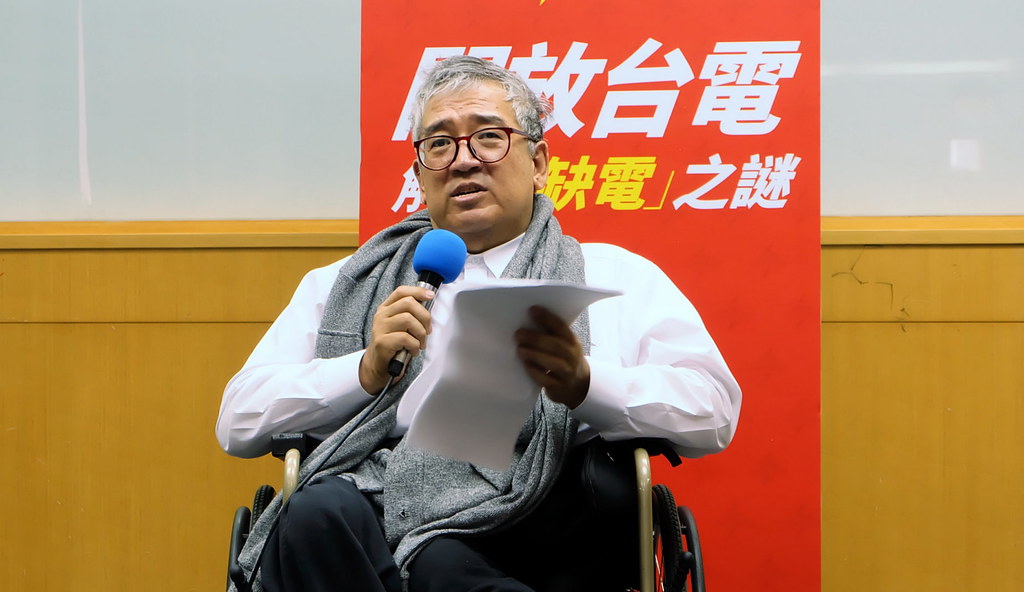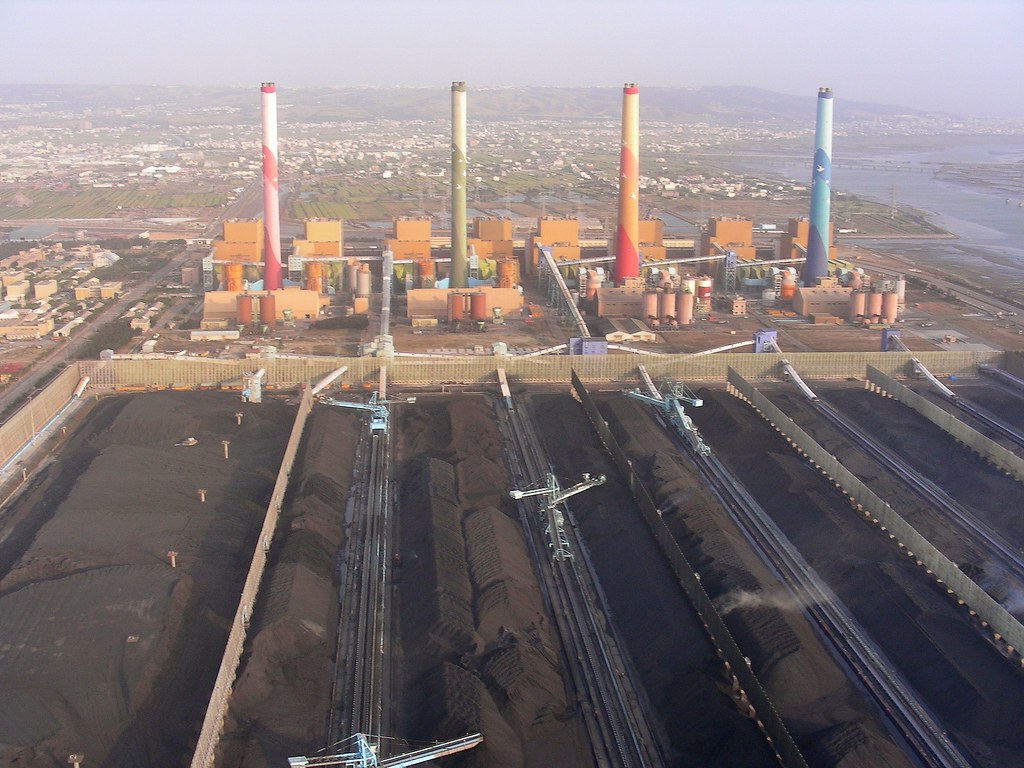TAIPEI, Taiwan, Oct 31, 2016 (TEIA) – Premier Lin Chuan's June order to power up the mothballed No. 1 reactor at the Jinshan Nuclear Power Plant in New Taipei City was prompted by a power shortage that was deliberately engineered by the state-owned Taiwan Power Company, Taipower, according to former national policy adviser Rex How.
The facts were uncovered through an open data initiative by Taiwanese civil society that identified the major causes of the May 31 power crisis in this island nation, setting an example of open government with increasing levels of transparency and citizen engagement.
After reviewing government data, the initiative committee attributed the power crisis to the annual repair arrangement during hot seasons and suspected a deliberate intention of creating electricity shortage on the part of Taipower.
Premier Lin's order was regarded as a political tactic that went against the policy initiative of a nuclear-free Taiwan. It was one of the first moves by the newly installed administration, which took office on May 20, just 11 days before the power crisis.
Taiwan's Democratic Progressive Party advocates phasing out nuclear energy, which currently supplies roughly one-sixth of the nation's power supply, by 2025.

How, former national policy advisor and currently chairman of Locus Publishing, asked that the government open electricity data to public scrutiny to identify the root causes of the power shortage.
After his request, a review committee was endorsed by the Cabinet to analyze electricity data. Much key information was thus disclosed, including the country's annual repair records of electric generators and the purchase records of cogeneration and renewable energy.
After studying the data for several months, the review committee concluded that on May 31 when the supply of electricity was tight, Taipower's peak supply was 34.99 GW, only 0.57 GW above the peak consumption of power that day.
Most important, 3.14 GW of electricity output was taken away due to the scheduled repair and maintenance of old generators. This explained the power shortage, especially as the temperature topped 99 degrees Farenheit (37.3 degrees Celsius) on that day.
How said, “The schedule could have been more evenly distributed throughout the year as it was in 2015 when only 1.56 GW of electricity output was deducted due to maintenance from mid-May to September.”
How suspected that Taipower was creating a power crisis which could have been avoided.
Also held accountable were Minister of Economic Affairs Lee Chih-kung and Bureau of Energy Director-General Lin Chuan-neng, who opted for restarting nuclear reactors rather than asking Taipower to examine the causes of the power outage.
The Ministry of Economic Affairs, in particular, was scrutinized for suspected nepotism since a partially government-funded consulting company contracted by the Ministry, Sinotech Engineering Consultants, was found to operate nuclear projects for Taipower.
How commented that the supervisor–supervisee relationship between the Ministry of Economic Affairs and Taipower was being jeopardized and was arguably “an unethical governance practice.”
To answer the doubts and questions raised by the review committee, Premier Lin appointed a new chairman to Sinotech Engineering Consultants to clarify its relation with Taipower.
Premier Lin also asked the Ministry of Economic Affairs to fully assess and evaluate its funding of private programs in the interest of creating a more ethical and accountable government.
To prevent another power crisis, Lin also demanded that Taipower avoid major repair and maintenance in hot seasons when electricity use is at a peak.

Taiwan Environmental Protection Union Secretary-General Chen Bing-heng is satisfied that the government's response to this open data initiative was adequate and efficient.
Chen said, “Before this, the public had no access to the details of electric generator dispatch or annual repair schedules. But now, since the mechanism for public scrutiny and oversight is in place, Taipower and the Ministry of Economic Affairs will have no choice but to take a more cautious approach in energy management.”
Hung Shen-han, deputy secretary-general of Green Citizens' Action Alliance, an environmental NGO, also sees the value of open data in energy management.
Hung said he would try out different ways to apply for government data that helps clarify controversies surrounding nuclear power and other energy issues.
The open data initiative has come to an end, but the Ministry of Economic Affairs continues to increase the volume of datasets published. It has created a joint team that involves energy activists and data scientists to identify new data needs and find the best tools and techniques for data mining and applications.
{Copublished with Environment News Service}





